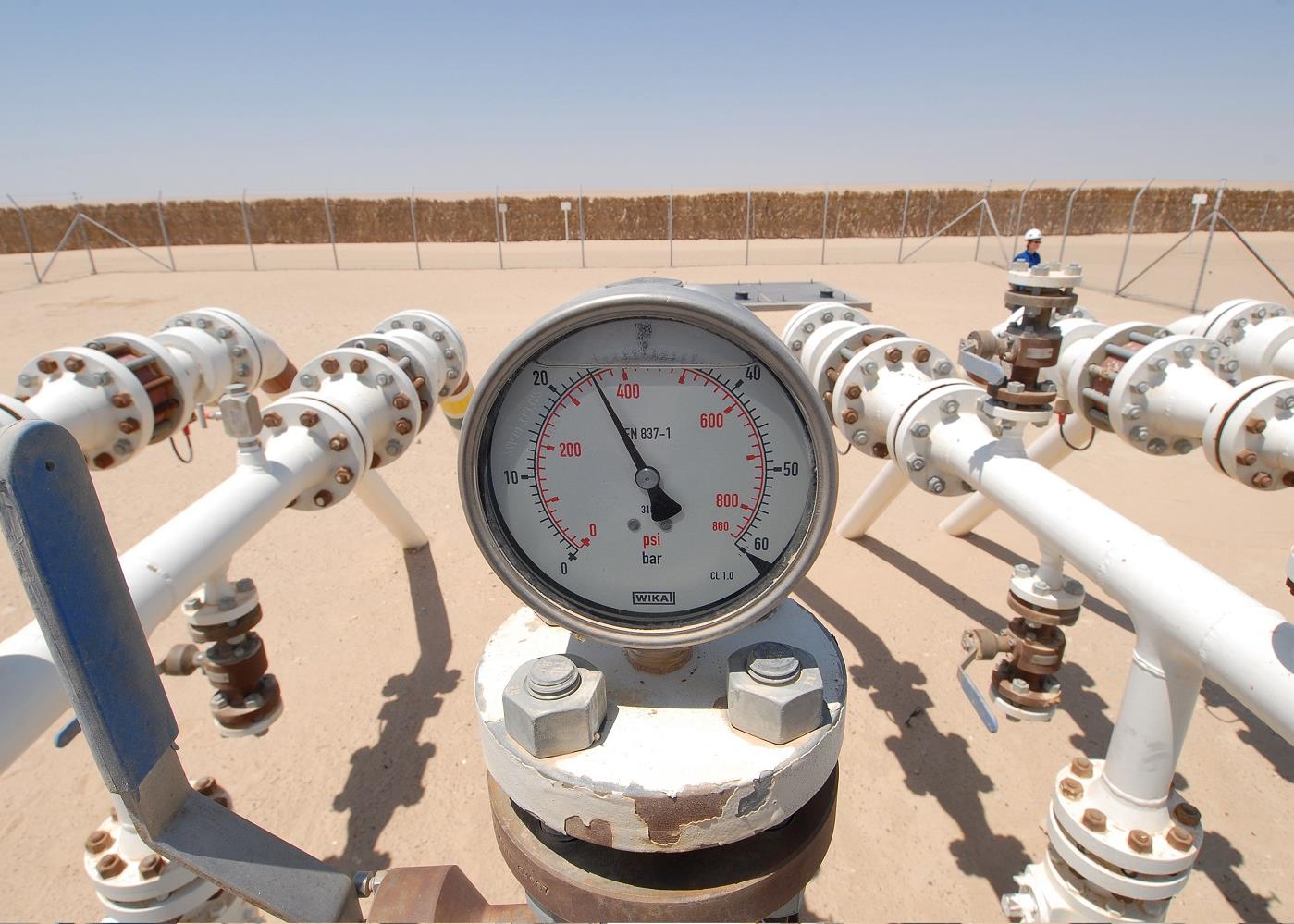

On 2 February, the Federal Decree-Law No.33 of 2021, regarding the new regulation of labour relations, came into effect. In doing so, the UAE’s Ministry of Human Resources & Emiratisation replaced archaic labour laws with amends better aligned with the needs of the contemporary, globalised world.
On the surface, the new labour laws characterise flexibility, ease of work, clarity and intent. Seemingly, the UAE has levelled the playing field for both employees and employers, safeguarding the rights of all parties.
The rollout of 12 types of work permits and six work models, combined with the shift to a Monday-Friday work schedule, will have a profound impact on mental health. Leave on the grounds of compassion and specific laws against bullying, sexual harassment, discrimination and pay gap will also have a bearing on mental wellness.
Over 36 per cent of 4,426 UAE-based survey respondents reported high stress due to work
Across the globe, a call for greater labour protection has emerged in the developing world in recent years. This boils down to more awareness of restrictive covenants and inhuman practices that plague workplaces. For example, in the UAE, withholding employees’ passports was not uncommon in the past. Under the new laws, this practice has been banned without leaving any room for exemptions and other interpretations.
The Ministry of Health & Prevention (Mohap) and Emirates Health Services (EHS) have been instrumental in launching mental wellness initiatives such as Hayat and Theqa. Particularly noteworthy is the tele-counselling hotline for distressed individuals to seek help. This move is predicated on the idea of encouraging people to seek help by providing safe spaces where mental health concerns are not stigmatised but addressed with compassion. The “Empathy Always Wins with Ally Salama” podcast is also rooted in the same idea of providing safe spaces and support systems devoid of stigma.
Another development that underscores the UAE’s pioneering attitude to mental wellness is the memorandum of understanding between Sharjah government-led Tatweer and EMPWR, the organisation behind the region’s first mental health magazine. The joint initiative – known as Wathba – is a landmark in the Mena region, promising an inclusive support system for youth empowerment and mental wellbeing.
The way forward
The new labour laws, Monday-Friday schedule, the Happiness Agenda and progressive reforms to personal freedoms attest to the UAE’s innate capability to “do the right thing”. There is sizable evidence pointing at positive outcomes from a four-day workweek and flexible schedules, especially in Scandinavian countries, considered some of the happiest in the world.
It is also important, however, to note that the UAE’s happiest nation ambitions require greater synergy between the government, apex bodies like Tatweer, EHS and Mohap, and pioneering private organisations.

You might also like...

Rainmaking in the world economy
19 April 2024

Oman receives Madha industrial city tender prices
19 April 2024

Neom seeks to raise funds in $1.3bn sukuk sale
19 April 2024

Saudi firm advances Neutral Zone real estate plans
19 April 2024
A MEED Subscription...
Subscribe or upgrade your current MEED.com package to support your strategic planning with the MENA region’s best source of business information. Proceed to our online shop below to find out more about the features in each package.






